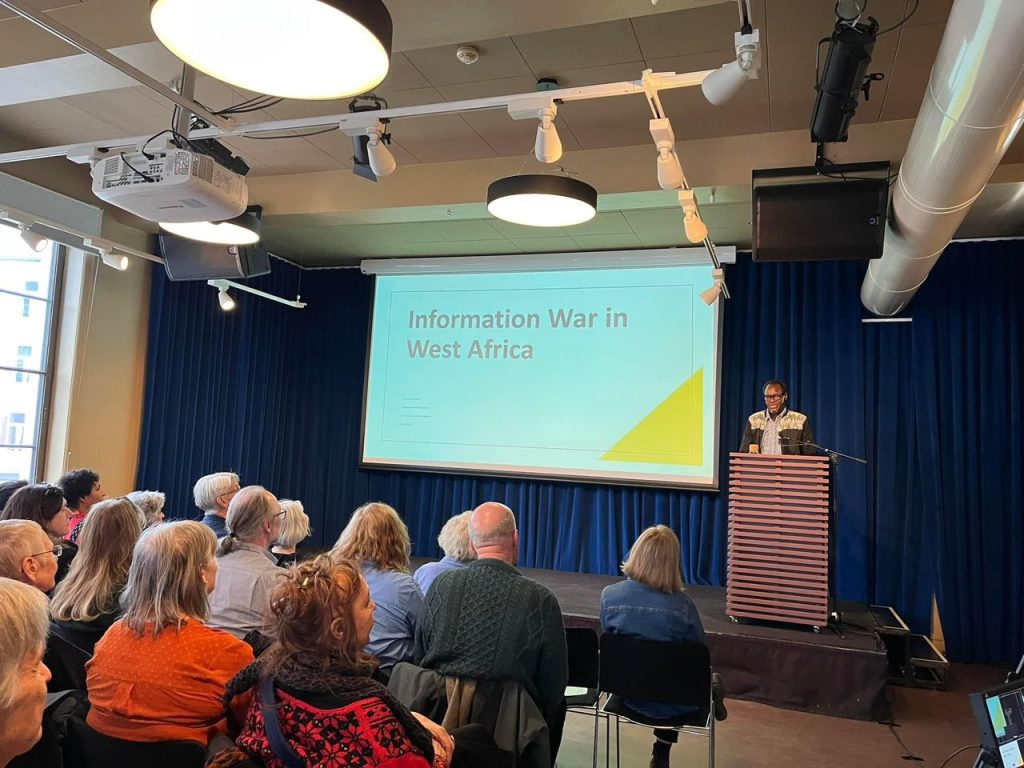West Africa is shaken by a multifaceted crisis whose immediate origins date back to 2012 when a Tuareg rebellion broke out in northern Mali. The crisis has now spread to other countries such as Burkina and Niger, which in addition of attacks by so-called jihadist groups are experiencing internal political crises that have led to military coups. The situation in the Sahel is all the more complex as the region is also the scene of rivalries between external actors who engage in influence campaigns to destabilize each other. Russia is on everyone’s lips, but other actors are present: France, the U.S., China, Turkey. An important aspect of the crisis in the Sahel region of West Africa is that it has a large digital component. In a region characterized by a young population, many get their information from digital media. What does it mean when this information may be incorrect, and rather manipulated with the intent of polarizing and infuriating citizens? And what can we do in the face of this escalating role of digital disinformation and “fake news” in different conflicts? Samba Dialimpa Badji was invited on March 9 at Literaturehuset (House of Literature) in Oslo to give a lecture to answer these question.


